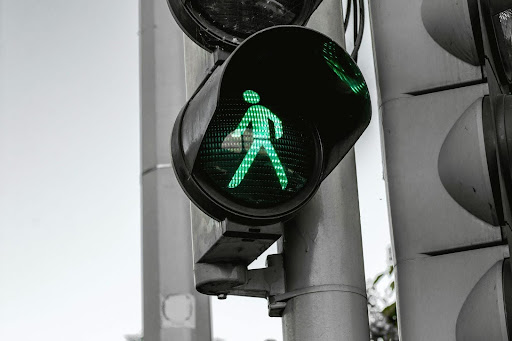If you’ve ever found yourself in a codependent relationship, it’s time to change things. Codependency is not a disease or mental illness; it’s a learned behavior, and you can change it. In fact, if you’re in a codependent relationship, chances are good that your partner is also struggling with this issue. When one person in the relationship changes their attitude about co-dependency and begins taking steps toward recovery, it’s often enough for the other person to recognize their own issues and start working on them as well.
You Drink or Do Drugs Because They Do
If you are in a codependent relationship, it’s likely that you would start doing drugs or drinking too much alcohol simply because your partner does too. The person you’re with may not take no for an answer and may try to convince you to join them. If you started your drug or alcohol addiction in this way, then it’s likely there is a co-dependency between you two. The good news is that you can both get into couples rehab to work through not only the addiction but also the underlying emotions that got you both there. Skilled counselors can help you work through your codependent tendencies so that you can have a healthy relationship with each other and friends and family.
You Are Controlling
People in codependent relationships tend to be controlling of the other person. They want them to go along with whatever they suggest, and they have a hard time accepting no for an answer. If you or your boyfriend or girlfriend are trying to control each other, then it’s a sign of codependency. A relationship should have a healthy balance of giving and taking from both parties. Trying to control actions is a sign that one or both of you need help.
You’re Afraid to Talk About Your Feelings
People in codependent relationships often have a hard time expressing negative emotions. You are afraid to talk about your feelings because you think it will upset the other person. Maybe they’ll get angry, or maybe they’ll judge you. You might also be afraid to talk about your feelings because you feel like it won’t change anything anyway.
You might think that talking about something isn’t going to make any difference and that there’s no point in bringing up anything unpleasant. But this fear is an indicator that your relationship is unhealthy and you might be codependent on each other.
They Need Constant Validation From You
While it’s important to express your love and affection to each other, if you or they need constant validation, then it might be something more. A codependent person will often require constant reassurance from you. They may call, text, or email you multiple times a day to make sure that your relationship is still on track. This can be especially problematic if you are in a long-distance relationship, for example. If you don’t respond quickly, they may become upset with you and accuse you of not caring about them anymore. These are important warning signs of a codependent person.
You Only Feel Valuable When You’re Helping Others
In codependency, you feel like you are not good enough unless you are helping others. You may think that if you don’t make other people happy and do things for them, then they’ll be unhappy and won’t love or care for you. In reality, no one can ever fully please another person; if someone cannot be pleased by your efforts, it isn’t your fault. If you struggle to feel valuable without needing to help someone, then it’s important to seek out counseling to help you find the root of the problem.
You Can’t Make Your Own Decisions
If you find that you’re always going along with other people’s decisions, and their choices are affecting your life in a negative way, then this is likely an indicator of codependence. You don’t have to let others make decisions for you—especially if they’re making choices that affect your family, friends, or career. Start making decisions about your life and your future for yourself.
You Say Yes to Everything Even if it Stresses You Out
People with codependency often say yes to everything and end up overwhelmed by having too much on their plates. While this is occasionally fine, if it becomes a habit and you feel bad every time you say no, there are likely some underlying issues you need to work through. Codependent people tend to also be people pleasers. They fear that if they say no, people will be angry with them.
Codependency is a habit, and with help and practice, many of these unhealthy habits can change.
























